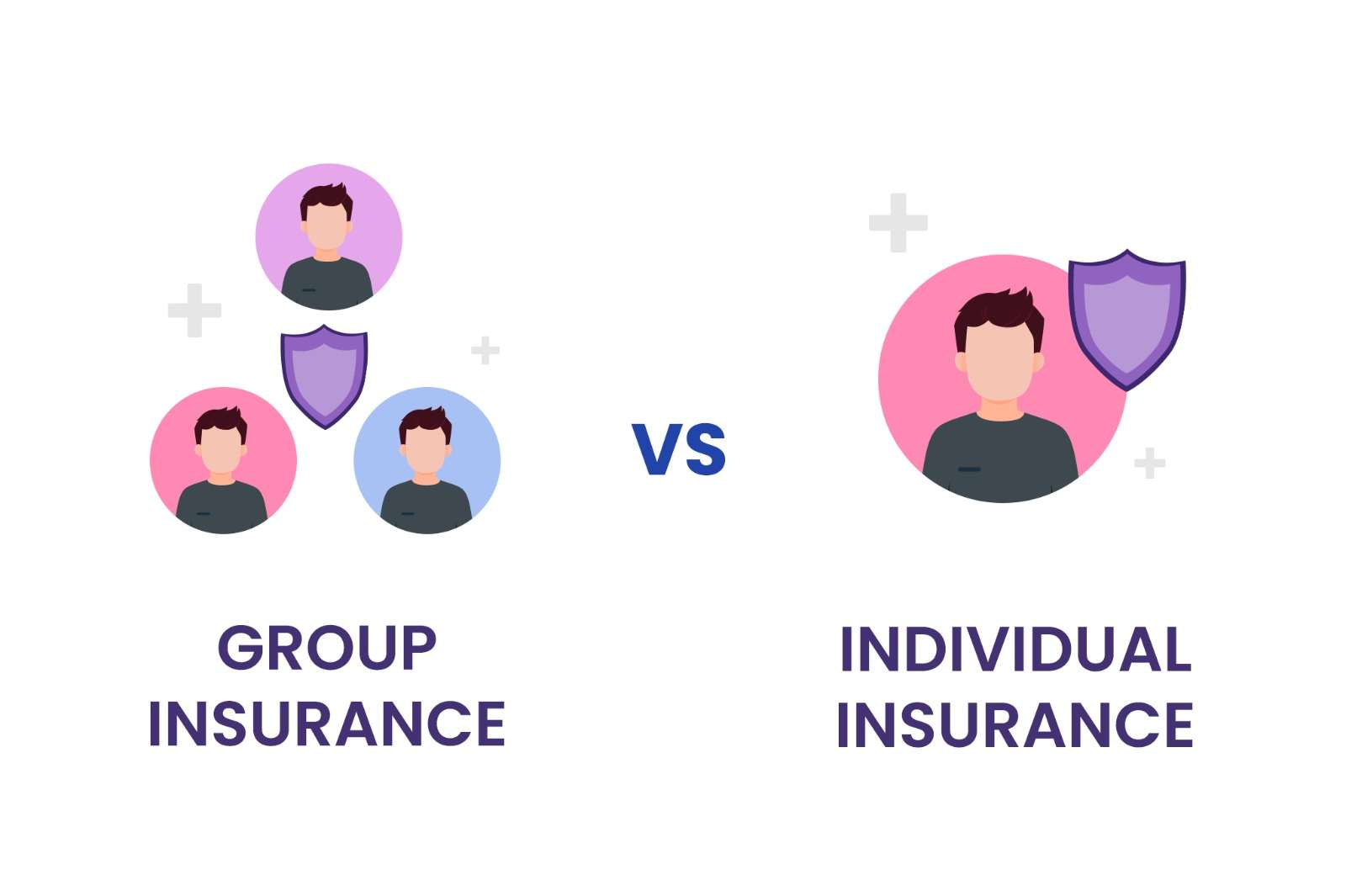What is an Insurance Broker?
Definition and Key Functions
An insurance broker is a professional who acts as an intermediary between clients (individuals or businesses) and insurance companies. Unlike agents who represent a specific insurer, brokers work with multiple insurers to find the best coverage options for their clients. Their primary role is to assess their clients’ needs, identify appropriate policies, and negotiate terms and prices that best meet their requirements.
Difference Between Insurance Brokers and Agents
While both insureguide.net and agents sell insurance, there’s a critical difference in their roles:
- Insurance Brokers: Work independently with several insurance providers and represent the interests of their clients.
- Insurance Agents: Represent one specific insurance company and sell policies on its behalf.
Insurance brokers have more flexibility and can often provide a broader range of options, which is why many prefer using brokers for more personalized advice and coverage.
Why Do You Need an Insurance Broker?
Expert Guidance and Advice
One of the biggest advantages of using an insurance broker is the professional advice they offer. Brokers have in-depth knowledge of the insurance market and can guide you toward the right policies based on your specific needs. Whether you’re looking for life, health, property, or business insurance, a broker’s expertise can help you avoid common pitfalls and make well-informed decisions.
Access to Multiple Insurers
Unlike insurance agents, who represent just one insurer, brokers work with several different insurance companies. This allows them to offer you a range of options, ensuring that you get the best possible coverage at competitive rates. Having access to multiple providers means brokers can also compare policies and terms on your behalf, helping you secure the right deal.
Cost Savings and Better Coverage
A good insurance broker can help you find policies that provide both the best coverage and the best value for your money. Brokers understand the intricacies of the insurance industry, which means they can spot gaps in coverage that you might not have noticed and recommend policies that fit your needs. They can also help you negotiate premiums and may even have access to discounts or deals not available to the general public.
How Insurance Brokers Work
Understanding the Process
When you work with an insurance broker, the process generally follows these steps:
- Initial Consultation: The broker meets with you to understand your needs, financial situation, and any existing coverage.
- Policy Comparison: The broker searches for suitable policies from a variety of insurance companies.
- Recommendations: The broker presents options and helps you decide which policy offers the best coverage at a reasonable price.
- Ongoing Service: After the policy is selected, brokers assist in managing the policy, making any necessary updates, and helping with claims if needed.
Broker Compensation and Fees
Insurance brokers typically earn a commission from the insurance companies they work with, based on the policies they sell. In many cases, brokers don’t charge you directly for their services. However, some brokers may charge a fee for specific services, such as specialized advice or complex risk assessments. It’s always a good idea to ask about fees upfront to avoid surprises later.
Types of Insurance Brokers
Independent Insurance Brokers
Independent brokers are not tied to any specific insurance company. They have the freedom to work with a wide variety of insurers, offering their clients a range of options and competitive pricing. Independent brokers are ideal for clients looking for a more personalized and diverse selection of policies.
Captive Insurance Brokers
Captive brokers, on the other hand, represent only one insurance provider. They sell policies from that particular company and can’t offer coverage from other insurers. While they may be more limited in terms of available options, captive brokers may still offer specialized services, particularly for clients who are loyal to a specific insurer.
How to Choose the Right Insurance Broker for You
Researching Broker Credentials
When selecting an insurance broker, it’s important to check their credentials. Make sure they’re licensed and regulated by the appropriate governing bodies. You should also look for brokers who specialize in the type of insurance you need, whether it’s for personal, health, or business coverage.
Questions to Ask Your Broker
Before choosing a broker, ask questions to ensure they’re the right fit for your needs:
- How long have you been in the business?
- Which insurance companies do you work with?
- What are your fees and commissions?
- Can you provide references from clients with similar needs?
These questions can help you gauge their level of expertise and whether they’re trustworthy.
The Benefits of Using an Insurance Broker
Tailored Advice and Solutions
Insurance brokers can provide you with advice tailored to your specific needs. They don’t just offer generic solutions—they take the time to understand your circumstances, risks, and preferences, ensuring that the coverage they recommend is a perfect fit for you.
Saving Time and Effort
Shopping for insurance can be time-consuming. Brokers do all the legwork for you, saving you the hassle of contacting multiple insurers, comparing policies, and negotiating terms. By using a broker, you can focus on running your business or daily activities while they handle the complex insurance process.
Navigating Complex Insurance Markets
Insurance can be complicated, with policy terms, exclusions, and conditions to navigate. Brokers help demystify the process and ensure you understand exactly what you’re getting into. They make sure you aren’t caught off guard by unexpected costs or gaps in coverage.
Common Misconceptions About Insurance Brokers
Brokers Are Only for Big Businesses
Many people think insurance brokers are only for large companies or those with complex needs. However, brokers can be valuable for individuals and small businesses as well. Whether you’re looking for auto insurance, health coverage, or renters insurance, brokers can provide expert guidance.
Brokers Are Expensive
Some people avoid using brokers because they think they’ll be too costly. In reality, many brokers are paid via commission, so their services are often free to you. Even when they do charge fees, brokers typically save you money by helping you find better coverage or negotiating lower premiums.
The Future of Insurance Brokers
The Role of Technology and Digital Platforms
The insurance industry is evolving, with more and more brokers turning to digital platforms to offer their services. Technology helps brokers access and compare policies more efficiently, streamline the claims process, and provide a seamless customer experience. The future of insurance brokering lies in adapting to digital trends, such as online quoting systems and automated policy management.
Changing Consumer Expectations
As consumers become more tech-savvy, they expect faster, more convenient ways to purchase insurance. Brokers are adapting by offering digital tools and a more responsive service. The role of a broker will continue to evolve, with more emphasis on providing personalized, efficient, and accessible services.
Conclusion
Insurance brokers play a critical role in helping individuals and businesses find the right insurance coverage. They offer expert guidance, access to a variety of policies, and can save you time and money. Whether you’re looking for personal, health, or business insurance, a broker can ensure that you get the best deal and avoid common mistakes. With the growing use of technology, brokers will continue to adapt to provide more efficient, digital-first solutions to meet the needs of modern consumers.





